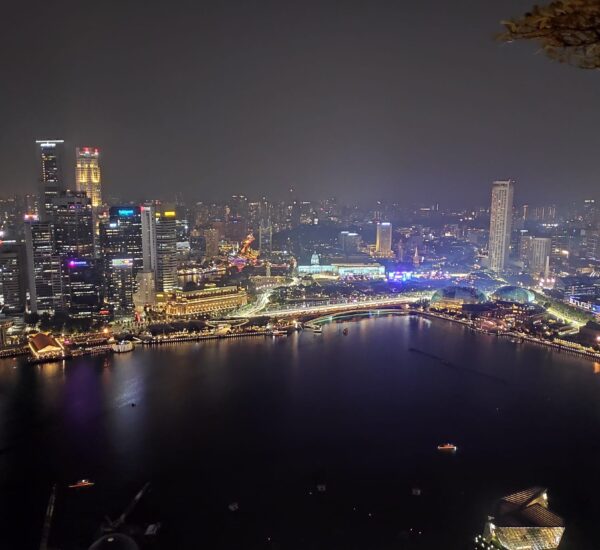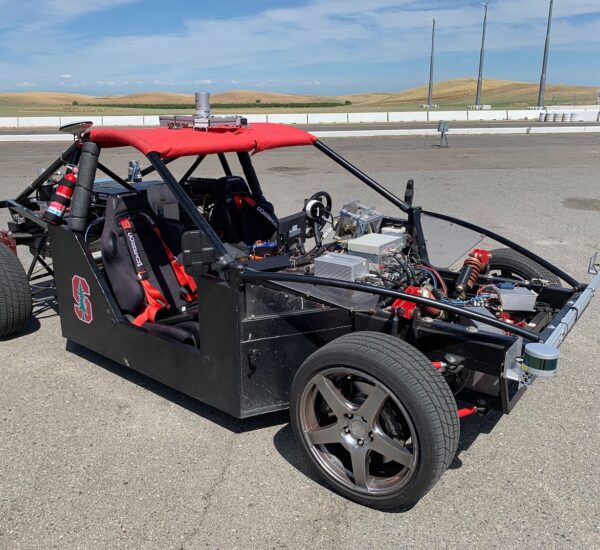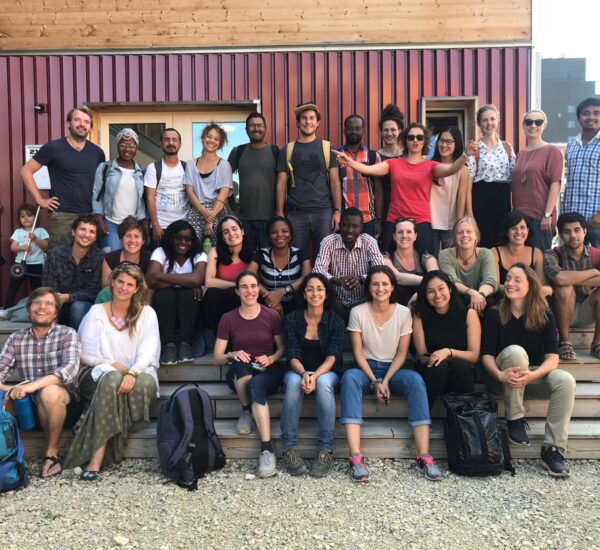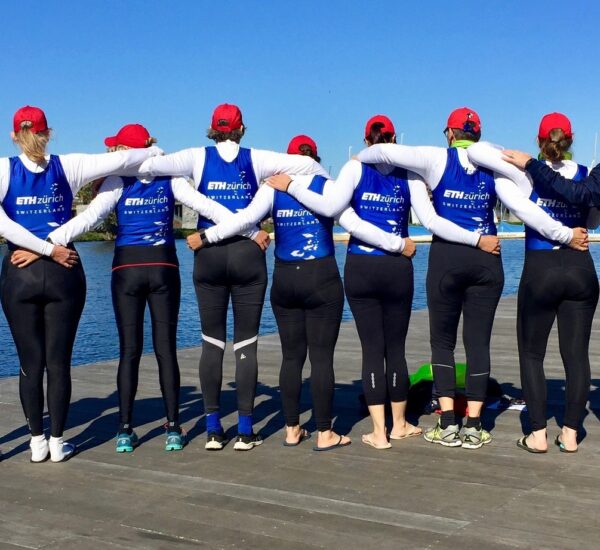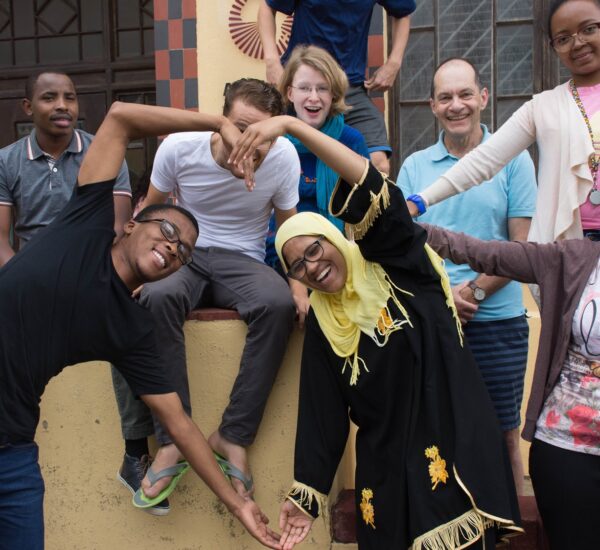Empowering Innovation in the Age of AI: How to Thrive, Not Just Survive
December 23, 2025What does it take for organisations and individuals to keep innovating when technology cycles speed up, hype multiplies, and AI can generate “answers” in seconds?
Those were the questions at the heart of the ETH Global Lecture “Empowering Innovation: Thriving in the Age of AI”, where ETH alumna and executive Petra Ehmann and ETH Professor Stefano Brusoni explored how innovation actually happens in practice, and what changes when AI enters the picture. The conversation was moderated by Chris Luebkeman, Head of ETH Zurich’s Strategic Foresight Hub.

Innovation is not a vibe. It’s staying power.
Petra Ehmann offered a definition that cuts through the buzzwords: innovation is not about novelty for its own sake — it’s about longevity.
“To me, innovation is giving longevity to a company, making it invincible so that it will thrive in the future.”
She also dismantled a few familiar myths:
“Innovation is not a bunch of geniuses who sit in the room and they tinker something crazy… Innovation is not a fun, colourful park with nice cushions… It’s hard work.”
The subtext is important: real innovation is less about theatre and more about customer value, iteration, and the discipline to keep going when outcomes are uncertain.

The winners aren’t occasional innovators, they’re systematic ones.
Stefano Brusoni highlighted a difference many organisations underestimate: the gap between having one good idea and building the capability to innovate repeatedly.
“Very few companies are really good at becoming systematic innovators.”
And he described the unglamorous reality of how that capability is built:
“It’s this process of trial and error and then error and then again an error where you stay persistent… that really set apart the occasional innovators from the systematic innovators.”
Petra echoed this, adding that innovation is fundamentally a learning process — and learning is rarely “efficient” in the short term because it involves mistakes.

Culture change starts at the top.
One of the most concrete practical lessons came through in the discussion about culture: if leaders demand innovation but punish missteps, experimentation dies.
“Permission to fail… is super important and it has to come from… the board.”
This matters even more in the age of AI, when output is cheap and prototypes appear instantly. Evidence becomes the antidote to building impressive things nobody wants.
AI won’t change the fundamentals, but it will change the speed.
Both speakers agreed: innovation still depends on building something people need, but AI changes the velocity.
“What will change is the velocity, how fast you’re getting to that point.”
Petra also predicted a shift towards hyper-personalisation, to which Stefano added a thoughtful distinction: unlike older tools (such as calculators), generative AI works best when humans share the why, not just the what, which turns problem-solving into a dialogue.
“Suddenly we are engaged in a conversation… that is actually shaping the problem.”
But with speed comes risk: the internet can fill with “cringe” content at scale, and organisations can confuse quantity with impact. Petra put it bluntly:
“The big question is not how much you do, but what is the impact of it.”
Stefano Brusoni and Petra Ehmann. Photo credits: ETH Zurich / Andreas Eggenberger The real competitive edge: skills, critical thinking, and the courage to upskill.
A recurring theme was that thriving in AI-era organisations requires more than familiarity with the latest tools. Petra’s advice: cultivate depth and judgement.
“The most important one is having some very deep knowledge that AI cannot have… [and] critical thinking.”
Stefano broadened that into a challenge for universities:
“Our job is… making sure that… our students have more opportunities than at the beginning of their studies.”
In the end, the lecture made one thing feel refreshingly clear: AI can help you move faster, but it can’t tell you where to go. Direction still comes from a North Star, from critical thinking, and from teams that have the permission and the desire to be curious and continue to learn.
Check out the pictures from the event here: Meet ETH Flickr
And in case you missed it, watch the talk here:


